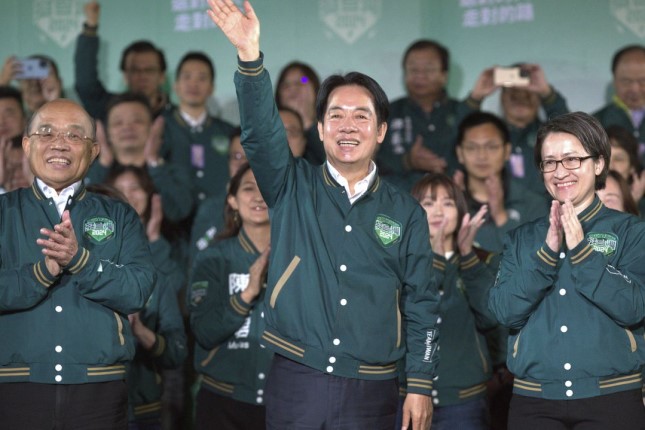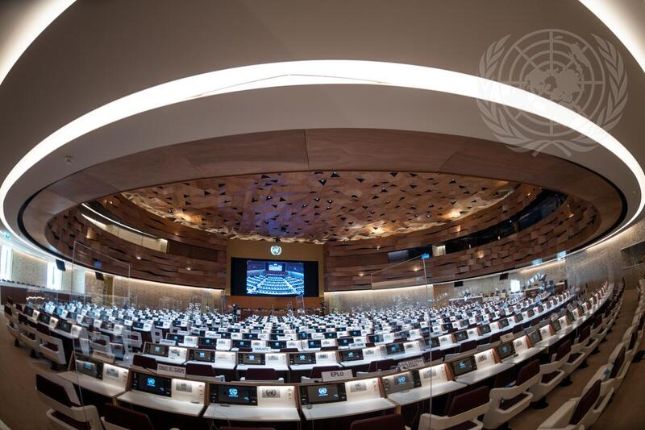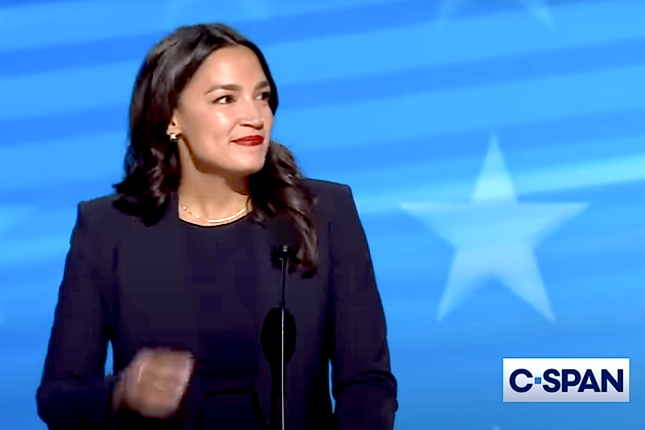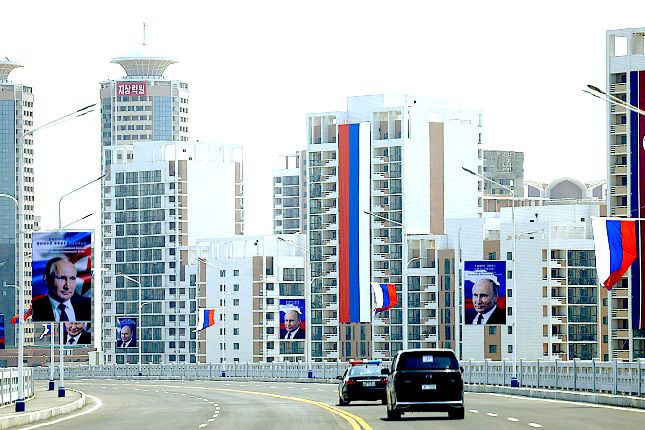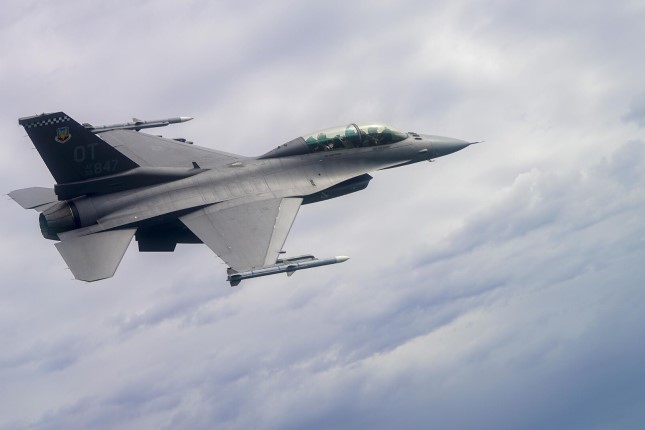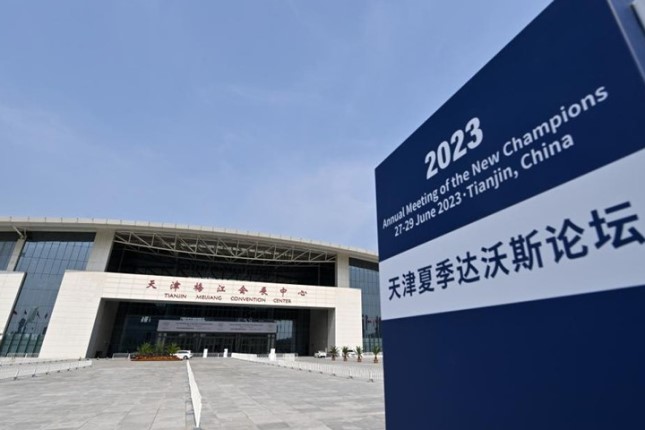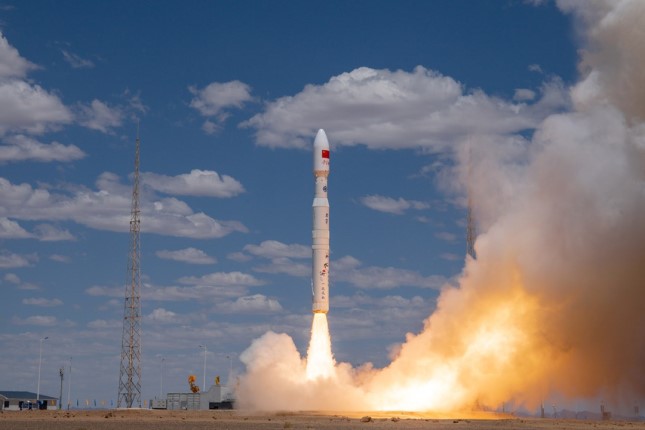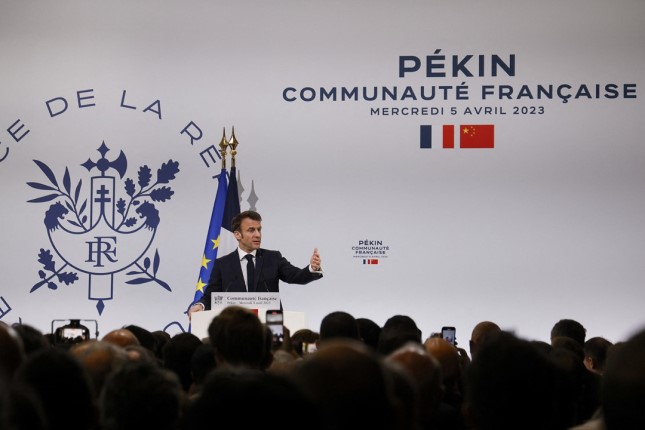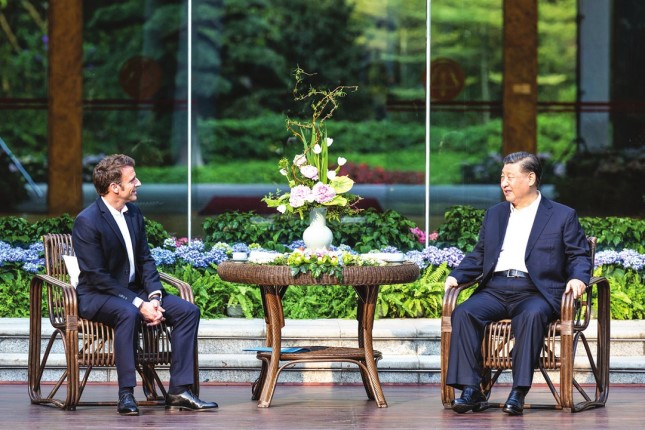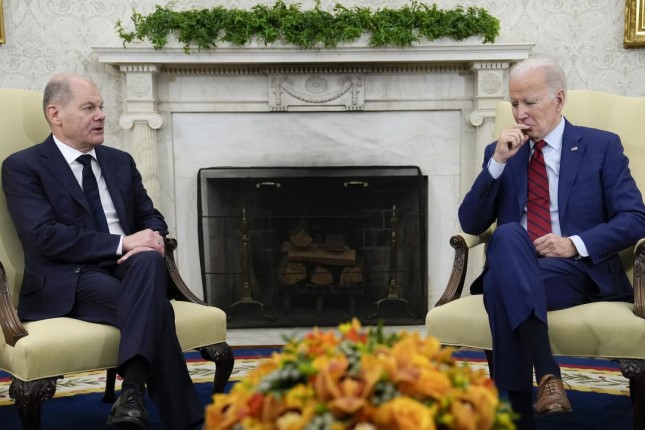In league with the US, Lai will only accelerate the dangerous confrontation with China of his predecessor Tsai Ing-wen, also from the DPP.
Lai, who will be inaugurated in May, had the tacit backing of the US which under the Trump and Biden administrations ramped up tensions with China over the status of the island. While nominally adhering to the One China policy under which Washington de facto recognises Beijing as the legitimate government of all China including Taiwan, the US has deliberately undermined that program by strengthening political and military ties with Taipei.
The US and international media have trumpeted Lai’s win as a rebuff to “Chinese interference” in the election and a triumph for democracy. In reality, Lai only won the presidency on the basis of the island’s first-past-the post electoral system with just over 40 percent of the vote.
Lai, who described himself in 2017 as a “pragmatic worker for Taiwanese independence,” played down his pro-independence stance during the campaign, well aware that a majority of voters are fearful of war with China. Beijing has repeatedly declared that it is seeking peaceful reunification with Taiwan, but would resort to force if Taipei formally declared independence from China.
The current President Tsai Ing-wen, who was ineligible to stand again having served two four-year terms, attempted to avoid any immediate conflict by maintaining that Taiwan was already a sovereign country and had no need to declare formal independence. At the same time, however, with the backing of Washington, Tsai strengthened the Taiwanese military in preparations for war with China.
In the course of the campaign, Lai adhered to Tsai’s formulations and declared that he would maintain the status quo across the Taiwan Strait. He is, however, opposed to reunification with China and champions greater independence.
Campaigning in July, Lai declared Taiwan wants closer ties with Washington. He provocatively added that he looked forward to the day when “the president of Taiwan can walk into the White House.” In other words, for the Taiwanese president to be treated as the leader of an independent country. In similar fashion, Lai declares that any talks with China must be “as equals,” knowing full well that Beijing would never accept such a condition.
Lai transformed his victory rally into a celebration of Taiwanese nationalism, telling supporters: “This is a night that belongs to Taiwan. We managed to keep Taiwan on the map of the world.” While claiming he would maintain the cross-strait status quo, he added: “At the same time, we are also determined to safeguard Taiwan from continuing threats and intimidation from China.”
Lai’s running mate, Hsiao Bi-khim, who will become vice-president, served as Taiwan’s de facto ambassador to the United States. Known for her aggressive anti-China stance, she earned the nickname of “cat warrior” for her forthright responses to Chinese diplomats branded in the Western media as “wolf warriors.”
The confrontation with China over Taiwan has only come to the fore as Washington has escalated its diplomatic and economic offensive against Beijing along with a huge military build-up in preparation for war. In the same manner in which the US and its NATO allies goaded Russia into invading Ukraine, Washington is seeking to transform Taiwan into a military trap for China, which it regards as the chief threat to its global hegemony.
Just prior to Saturday’s election, the Biden administration leaked to the media that the US would be sending a high-level delegation to Taiwan headed by former national security adviser, Stephen Hadley, and former deputy secretary of state, James Steinberg. That team is due to arrive next Sunday.
China, which regards Lai as a “troublemaker” and has warned of the dangers of conflict if he were elected, reiterated the One China policy and called for an end to foreign interference in the island. A spokesperson for the foreign affairs ministry said, “Whatever changes take place in Taiwan, the basic fact that there is only one China in the world and Taiwan is part of China will not change.”
To rub salt into the wound, the US and its allies, which in the past have largely ignored Taiwan’s elections, congratulated Lai. A US State Department spokesman praised the Taiwanese people “for once again demonstrating the strength of their robust democratic system and electoral process.” China’s foreign ministry responded by declaring that the statement “seriously violated US promises that it would only maintain cultural, economic and other non-official ties with Taiwan.”
While Lai and the DPP won the presidency for a third term, the election outcome was not a ringing endorsement of their policies. KMT candidate Hou received 33.5 percent of the vote while the so-called independent Ko and his TPP gained 26.5 percent. Together, the two candidates that favour an easing of tensions with China received 60 percent of the vote. Lai is the first president to be elected with less than 50 percent of votes.
Moreover, the DPP has lost control of the legislative Yuan or parliament. Out of 113 seats, the DPP took 51 and the KMT 52, with the TPP holding the balance of power with eight seats. The election also revealed broad alienation from all of the establishment parties, with the second lowest voter turnout of just over 71 percent.
The KMT was driven out of China in the 1949 Chinese Revolution and took refuge on Taiwan with the assistance and protection of the US military. Under Generalissimo Chiang Kai-shek, it established a brutal military dictatorship over the island that maintained its rule through martial law.
The bitter rivalry with Beijing eased as the Chinese Communist Party turned to capitalist restoration from 1978 onwards and opportunities opened up for Taiwanese corporations to exploit cheap labour on the Chinese mainland. The KMT adheres to what is known as the “1992 Consensus” that acknowledges “One China” but allows for different interpretations of what that means. The DPP rejects the 1992 Consensus outright.
The DPP rose to prominence amid the protest and strike movement in the late 1980s that finally compelled the KMT to concede popular elections. Its electoral support has fallen after eight years in power amid a deepening social and economic crisis. Young people in particular have been alienated by an economic slow-down that has led to a lack of jobs, low wages and soaring prices, especially for housing. The DPP has sought to capitalise on this disaffection while offering limited proposals to address the social problems.
The stance taken by the new Lai administration that takes office in May will certainly compound tensions across the Taiwan Strait. However, it is Washington, already embroiled in wars in Europe and the Middle East, that is the chief instigator of the war drive against China throughout the Indo-Pacific, now focused, above all, on Taiwan.
Photo: Taiwanese Vice President Lai Ching-te, also known as William Lai, centre, celebrates his victory with running mate Bi-khim Hsiao, right, and supporters in Taipei, Taiwan., Saturday, Jan. 13, 2024 © AP Photo / Chiang Ying-ying.
Source: World Socialist Web Site.
